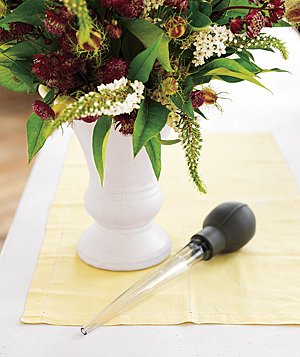Updated
Saying it with flowers is the best way to seek forgiveness, provided the peace offering is accompanied by an apology, researchers claim. A study by researchers from Baylor University in Texas suggests true forgiveness comes when actions and words come together and make the aggrieved person feel that the wrong-doing has been fully repaired.
Managing Director of online florist, zFlowers.com, Thomas Hegarty said, “The study suggests that saying ‘sorry’ to someone without making amends only gets a lukewarm response.
“Then making a grand gesture without a sincere apology may make the jilted party behave more warmly, but they will still be seething inside, the study found.
“True forgiveness has been found to only come when actions and words come together and make the wronged person feel that the damage has been fully repaired,” Thomas Hegarty said.
The US researchers involved 136 psychology students in an involved raffle ticket distribution involving them and their partners over three rounds, connived in a way that would result in a tiff with their partner. They then witnessed the retribution process, which then formed the basis of their findings.
Researchers found that receiving retribution from their partner in the second round made participants more likely to distribute the final batch of tickets fairly, but not to say they had forgiven them.
Receiving a written apology made no difference to how participants behaved in the final round, but made them more likely to say they had forgiven their partner.
Published in the Journal of Positive Psychology, the researchers said, “The results suggest that if transgressors seek both psychological and interpersonal forgiveness from their victims, they must pair their apologies with restitution. Apparently, actions and words speak loudest in concert.”
Thomas Hegarty said, “From zFlowers.com’ experience the transgressors who use flower to say ‘sorry’ are more likely to be men and they prefer to say ‘sorry’ with roses.






Trackbacks/Pingbacks